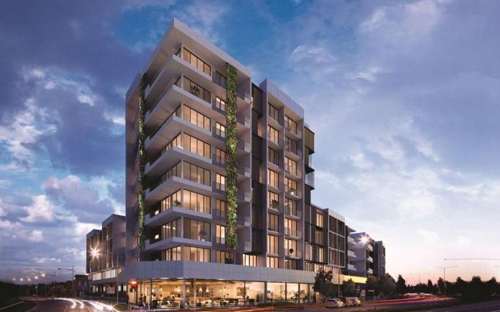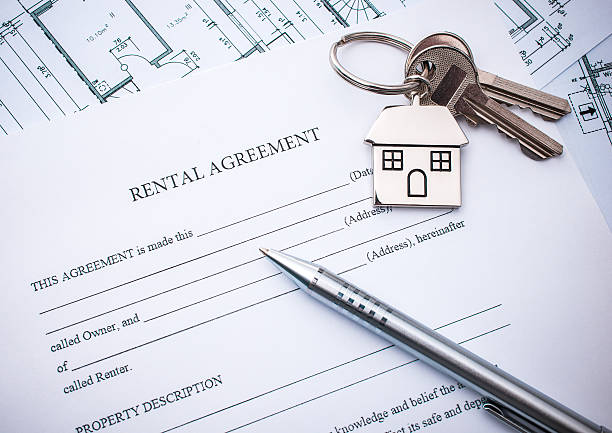Affordable & secure housing
for low income families

Our Mission, Values & Principles
Mission
Our mission is to provide affordable, secure, and financially and environmentally sustainable housing for people on low incomes who are committed to cooperative democracy and engagement.
Values
Cooperatives are based on the values of self-help, self-responsibility, democracy, equality, equity, and solidarity. In the tradition of their founders, cooperative members believe in the ethical values of honesty, openness, social responsibility and caring for others. In addition to these values, seven basic international principles serve as guidelines to provide a democratic structure for SouthEast and co-ops around the world.
Principles
- Voluntary and open membership
- Democratic member control
- Member economic participation
- Autonomy and independence
- Education, training, and information
- Cooperation amongst cooperatives
- Concern for community


Regular Review
This is a strategy that involves being constantly on the lookout for funding or partnership opportunities, and then acting upon these opportunities. The Board and the CEO will, as part of the Board’s Work Plan over the year, regularly review what opportunities exist and what we can do by leveraging equity and accessing cash in the form of retained surpluses. If at any stage it appears that the only viable growth strategy is to borrow against equity then this will go to the top of the list; but at this stage, for all the reasons listed above, it is not the co-op’s first strategic option.
Maintaining Visibility and Credibility
SouthEast’s Board and Management acknowledge the importance of maintaining the visibility and credibility of the co-op. Most of this work is undertaken by the CEO, whose role is to liaise with government and the community. By developing networks and working with key stakeholders, SouthEast seeks to further establish its credibility as an ethical, well-run co-op that is poised for growth.
Our Strategic Plan 2023 – 2026
We developed the SouthEast 2023-2026 Strategic Plan to guide the co-operative’s actions as it aims to achieve its mission.
Review of Achievements Against 2021-2023 Strategic Plan
After negotiations and due diligence processes were completed, the merger of Eastern Suburbs Rental Housing Cooperative Ltd (‘ESRHC’) and SouthEast Housing Cooperative Ltd (‘SouthEast’) was officially finalised on January 18th 2022. This event saw the membership of the cooperative grow from 166 to 204, and freed up funds to purchase two rightsizing properties in the areas of operation of ESRHC. The balance sheet of the newly merged entities shows that net assets exceed $9.1M (June 30, 2023).
Financially, the Cooperative performed extremely well during 2021-23 notwithstanding the challenges posed by COVID-19 and the additional administrative work necessitated by the Maintenance Stimulus funding. Indeed, for an 18-month period the expenditure on maintenance practically doubled, and the difficulties associated with completing major works on-time during COVID are self-evident. It is worth noting that during the 2021-23 period the cooperative recorded surpluses of $155,232 (2021), $350,928 (2022) and $373,810 (2023). The asset base also grew from $6.66M to $9.11M. These results were achieved in the face of a 5% or $100k downturn in annual rental income due to COVID-19’s effects on our members’ household income.
In light of the above we can clearly state that the cooperative achieved its first two strategic goals:
Goal 1: Continue to provide housing and services to existing co-operative members.
Goal 2: Increase the number of people housed by the co-operative.
Insofar as Goal 3 is concerned – Increase the commitment of SouthEast members to co-operative principles and member engagement – the results are not as clear-cut. There is no doubt that COVID-19 got in the way of any attempts to arrange gatherings to further this cause, but if we are to achieve this goal in the wake of COVID then it must become a point of greater focus for the leadership of our cooperative.
Affordable Housing and Future Growth
Recent initiatives by both State and Federal Governments give rise for optimism for our sector. The recent Covid 19 pandemic and subsequent lockdowns in Victoria highlighted just how important safe and affordable housing is to people. This seems to have jolted all levels of government into action; especially the Victorian Government, which in late 2020 announced its Big Housing Build and the creation of Homes Victoria. It is also encouraging to see the Federal Government make social and affordable housing a focus in recent times, with the Albanese Government announcing in June 2023 a new $2 billion Social Housing Accelerator aimed at “…delivering thousands of new social homes across Australia.” What this will all mean for SouthEast over the next three years is not yet known, but it is immensely encouraging that governments at all levels have acknowledged the problem and is endeavouring to do something about it. SouthEast stands ready to play its part in providing more social and affordable housing to those that need it.
Maintaining SouthEast’s ‘Strategic Agility’
Co-op members and Directors desire growth in both member numbers and the property portfolio. This is also the central tenet of our mission. One way that this growth could quickly be achieved is by borrowing against the equity we currently have in properties owned by SouthEast to purchase more, and then paying these funds back over time. Whilst this would most certainly achieve some growth in the short term, it would also prevent the co-op from achieving future growth until the debt incurred had been significantly reduced. In the interim, any number of opportunities to collaborate with government to increase affordable housing stock may have presented themselves, and we would not have been able to leverage these because of a lack of cash. Therefore, Directors have decided not to lock the co-op in to this safe, but restrictive, growth strategy now. Instead, the Board has opted to maintain the co-op’s “strategic agility” meaning that current housing stock will remain unencumbered and retained surpluses will stay in the bank until we see what eventuates from the various initiatives being discussed at Federal, State, and local government levels. This strategy will see the co-op maintain its capacity to seize opportunities as and when they arise – as it did in 2016 when the Victorian government’s Rapid Housing Assistance Fund (Family Violence) was announced.

2022-23 Performance
Snapshot

Non-urgent repairs
97.2% non-urgent repairs on time
(sector similar average 87.3%)

New tenancies
Percentage of new tenancies eligible for public housing: 100%

Urgent repairs
98.9% Urgent repairs on time
(sector similar average 90.80%)

Read our latest news




